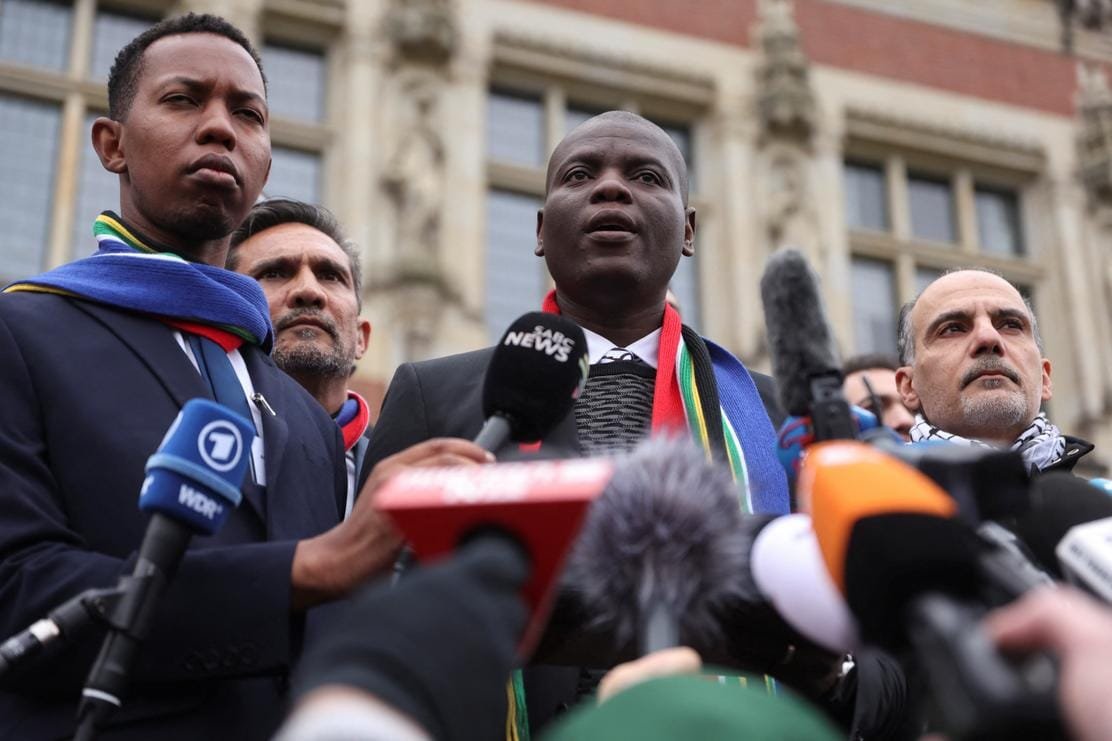South Africa’s foreign ministry has branded the United States’ move to prioritize white Afrikaners for refugee resettlement as “apartheid 2.0,” highlighting deep concerns over race-based preferential treatment. Foreign Minister Ronald Lamola denounced the U.S. policy, stating: “Preferential treatment of a particular privileged group, the Afrikaners, who are not running away from any genocide in this country, is definitely apartheid 2.0.”
This backlash follows Washington’s controversial decision under the Trump administration to fast-track refugee status for white Afrikaners, descendants of Dutch settlers and former architects of apartheid, on grounds of alleged racial discrimination. The first group, comprising nearly 50 individuals, was flown to the U.S. in May 2025.
South African officials have consistently disputed the claim of Afrikaners facing systemic persecution. Lamola emphasized that no genocide or targeted discrimination is taking place, and asserted that South Africa prioritizes its sovereignty and national reconciliation efforts.
The policy move by the U.S. sits amid a backdrop of escalating diplomatic friction. Earlier in 2025, Trump halted all U.S. foreign aid to South Africa and accused its land reform policies designed to address enduring apartheid legacies of infringing on minority rights and discriminating against Afrikaners.
Domestically, the U.S. welcome for Afrikaners was met with widespread criticism in South Africa. Both the AfriForum lobby and the Solidarity union representing Afrikaner interests rejected the offer, asserting they intended to remain in their homeland and contribute to its future. President Cyril Ramaphosa harshly criticized the gesture as cowardly: “We don’t run away from our problems. When you run away you are a coward.”
The phrase “apartheid 2.0” is particularly loaded in South Africa, invoking bitter memories of the institutionalized racial segregation that oppressed the Black majority until 1994. Lamola’s strong language signals how deeply the U.S. policy cut sensitive nerves and how it is perceived as undermining the post-apartheid nation’s path toward inclusive democracy.





